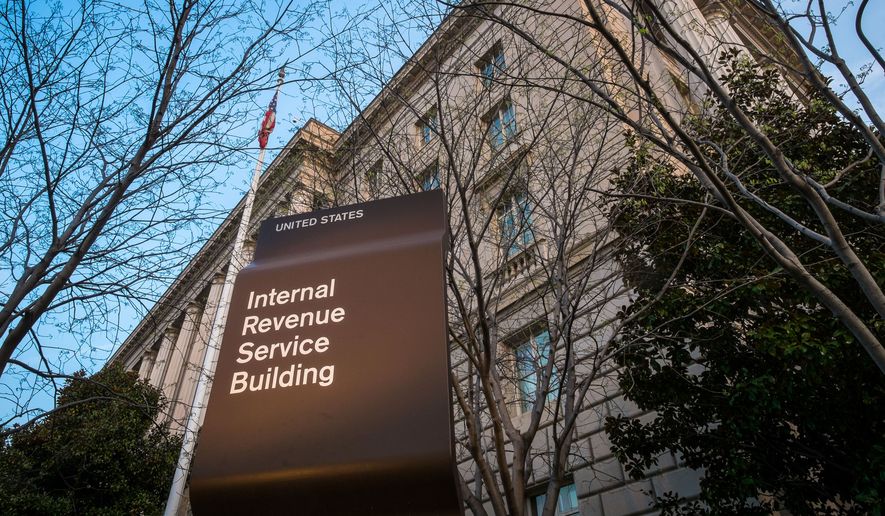Under a new enforcement provision passed into law earlier this month, the Internal Revenue Service can revoke passports of serious tax offenders who owe more than $50,000 to the government.
And Uncle Sam can take away your passport at any time, even when the offender is traveling outside the country.
“You could be on your honeymoon, and they could revoke your passport,” Tom Wheelwright, a certified public accountant and chief executive officer at ProVision Wealth Strategists, told The Arizona Republic of the new law.
The new enforcement action is part of a greater effort to collect unpaid debts. The IRS has repeatedly been cited for allowing delinquent debts to pile up, contributing to the overall national debt.
Last year, the IRS reported 12.4 million delinquent accounts owed nearly $131 billion in assessed taxes, interest and penalties.
The new passport-revoking provision allows the Department of the Treasury and the IRS to authorize the State Department to take away U.S. passports from individuals with seriously delinquent debts, which the government defines as greater than $50,000, the Arizona Republic reported.
The State Department is now authorized to deny, revoke or limit taxpayers’ use of a U.S. passport, and it is not supposed to issue a new passport to anyone with serious tax debts. Exceptions can be made for emergencies and for humanitarian reasons.
Americans who have their passport revoked while they are out of the country may be allowed to return home, according to the Republic.
The new enforcement provision would not affect taxpayers who have already entered deals with the IRS to pay off their debts.
Many of the people with serious tax debts are U.S. citizens who live in other nations, Mark Luscombe, principal federal tax analyst at researcher Wolters Kluwers in suburban Chicago, told the Arizona Republic. Those people typically have dual citizenship and likely wont be bothered by losing their U.S. passports.
An IRS spokesman told the Arizona Republic that the agency is reviewing the new law and hopes to implement the program “as soon as feasible.”
Congressional analysts estimate the new rule will raise about $400 million over the next ten years, Mr. Luscombe said.
• Kellan Howell can be reached at khowell@washingtontimes.com.




Please read our comment policy before commenting.